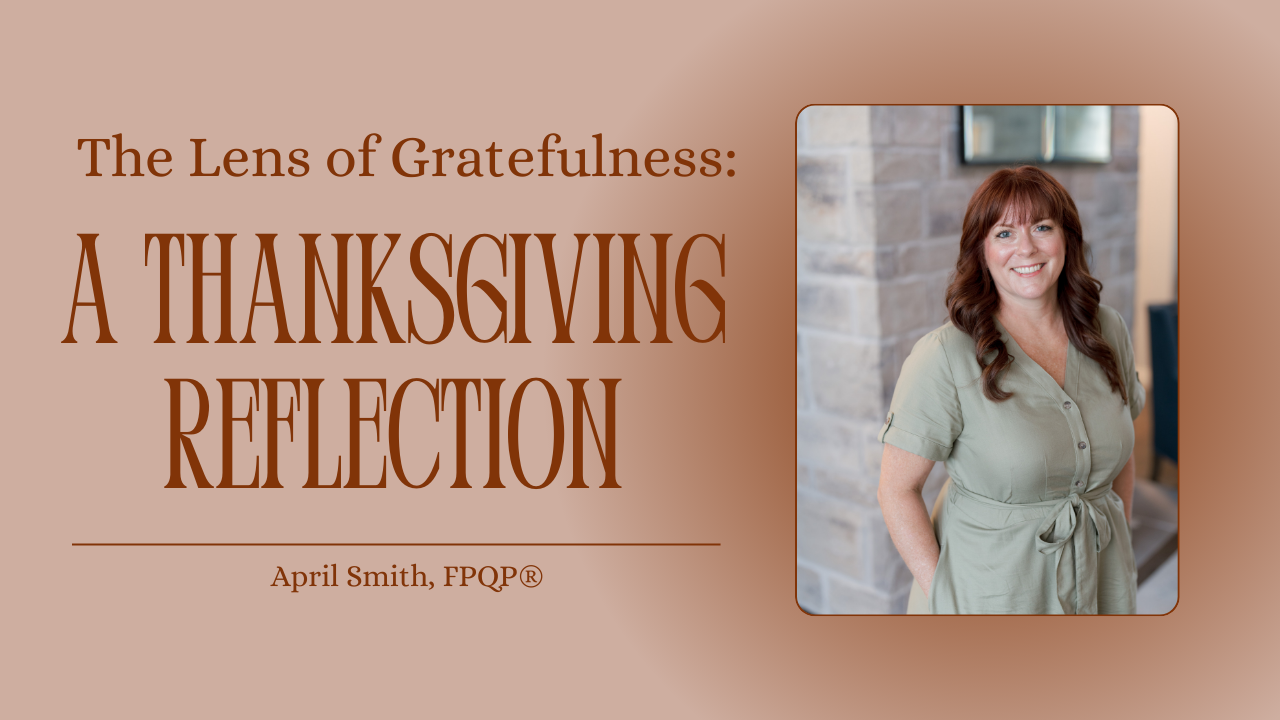Melissa Ballard, CFP®
The term “financial plan” can take many forms. What does having a financial plan actually mean? And why do you need one? Sometimes advisors use the term to describe a simple scenario to evaluate an annual savings number. At the other end of the spectrum, some advisors say it and mean an exhaustive review of various areas of your financial life. But even when looking at those two extremes (let alone the myriad of options in between), a financial plan can also be a “one-time” plan (a snapshot in time) or a plan that evolves through the years and is regularly reviewed. Our team believes strongly in the latter. Read below to understand why we believe that and what we mean when we say, “financial plan.”
Ongoing:
1. Life changes on a dime. Your plan should be ready to change, too. It’s still a common practice to do a one-time financial plan and update it every few years or only when a client asks. But just like the balance of your bank account, a one-time financial plan is good in that moment. The next day it’s already out of date. We often tell clients that the one thing we know for certain about their plan is that it’s wrong. How could it be 100% correct when it’s based on assumptions that will change as life does? For that reason, we believe the components of a plan should be reviewed and revised on an ongoing basis—on an annual cycle while also continually adapting when life changes.
2. A true financial plan goes beyond retirement projections. There are many facets of our financial lives and depending on life stage and personal situation, one’s financial plan should be personalized. It’s important to know if you’re saving enough to set you up for financial independence. But that’s just one piece of the puzzle—what about your legal documents (estate plan and powers of attorney), insurance protections and risk exposures (will your family be OK if something happens to you?), cash flow (do you feel at peace about where your money is going?), charitable giving, tax planning, etc. Not to mention goals other than financial independence that you may be working toward (college savings, legacy planning, business succession planning, etc.). Your plan should address each of these areas as applicable, and others depending on your situation.
3. An advisor who’s taken the time to get to know you and collaborate with you in the creation of your financial plan should naturally become a trusted advocate who acts as an accountability partner. There are always things that pop into our minds but go on the back burner because we are busy. I cringe to think about how many times I’ve thought it was just a few months ago that I intended to do “XYZ” when in reality it’s been more than a year. We all know time passes quickly, which can result in missed opportunities or unnecessary risk exposures. Having an advocate who not only helps put those things on your radar but jumps in to actually help you accomplish them, makes all the difference.
4. Whether you’re single or married, having scheduled time to brainstorm and discuss what you’re trying to accomplish financially with someone you trust is incredibly valuable. We’ve had many clients—single and married—tell us that simply having the carved-out time to think about and discuss important financial matters makes all the difference. I consider it a beautiful gift that we give all our clients. When you add to that mix an objective third party who knows and understands what you/your family are trying to accomplish, it’s powerful. These carved-out conversations don’t happen by accident. And we don’t put the responsibility on our clients—we’ve already established how busy they are! We proactively reach out to them to set up their annual plan updates and we check-in throughout the year to support progress.
5. Decisions should not be made without first considering the full financial plan. One-off decisions discount the interconnectedness our financial lives. A decision made in a silo (like how much life insurance you need, changing a 401(k) beneficiary designation or deciding whether to take an annuity stream vs rolling an asset to an IRA) can have a ripple effect you may not realize for years. Having a coordinated and holistic plan that’s designed around your values provides a framework for making decisions. Keeping it up to date allows for decisions (whether planned or unplanned) to be made with more confidence and peace of mind.
Time and again, we’ve seen our clients’ peace of mind increase as their financial plan solidifies and gives them a decision making framework. That simply doesn’t happen with a “one-time” plan that sits on a shelf, and certainly not with a “plan” that consists of one component vs. the breadth of components that impact everyone’s lives. If you’ve not experienced the peace this can bring, we encourage you to consider taking a next step. It’s a privilege and a joy to serve our clients and support their families as they journey forward in life.
PYA Waltman Capital, LLC (“PYAW”) is an investment adviser registered with the U.S. Securities and Exchange Commission. Registration does not imply a certain level of skill or training. More information about PYAW’s investment advisory services can be found in its Form ADV Part 2, which is available upon request. PYA-24-50





.png)
